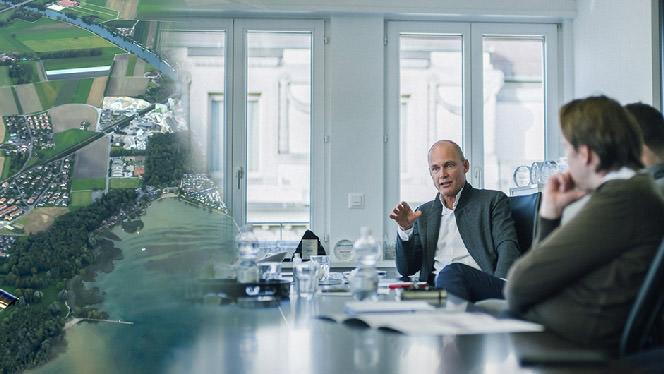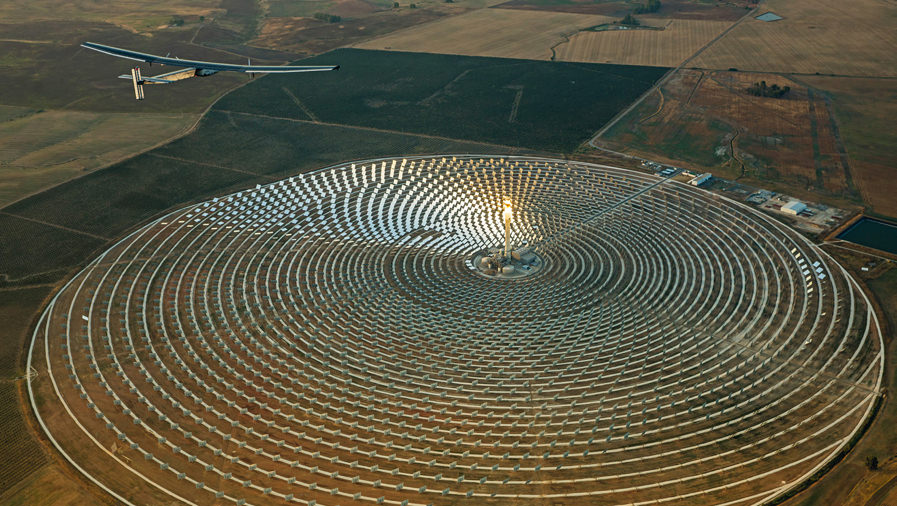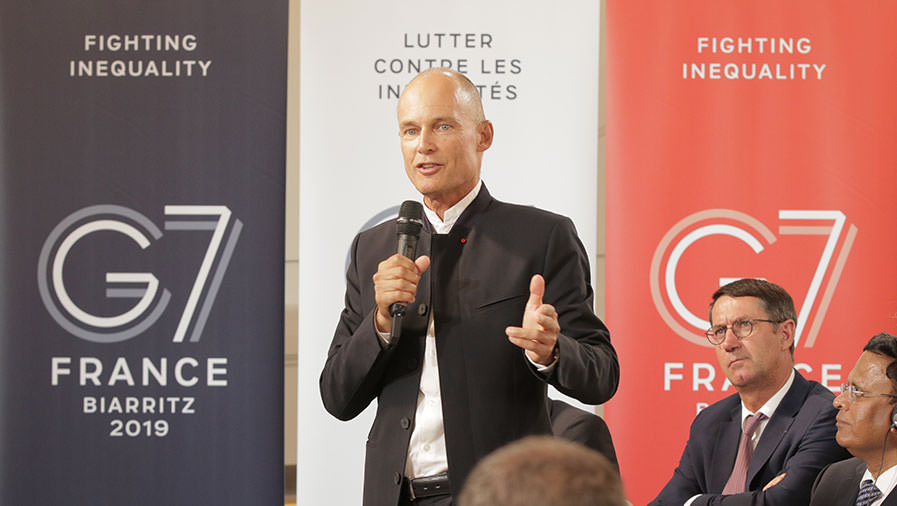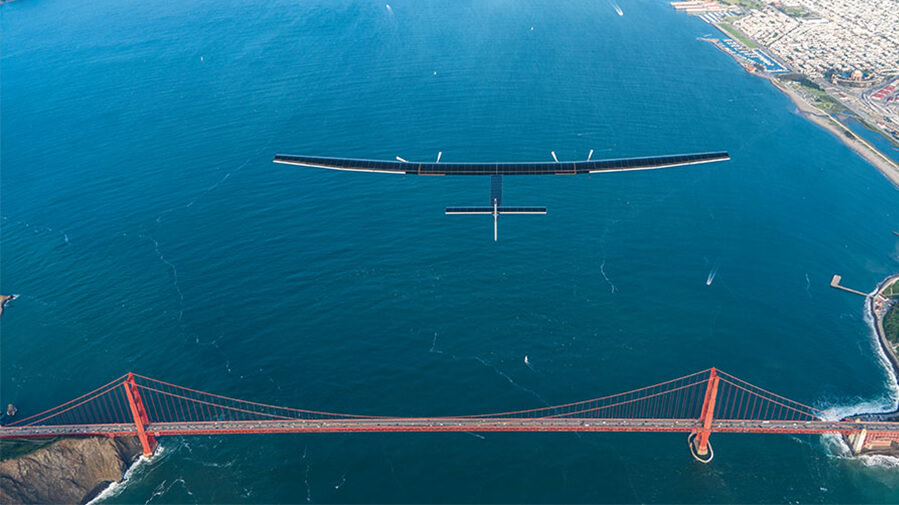Pioneering vision

Protecting the environment is profitable

Already at the beginning of this millennium, when climate change was not yet part of the global agenda, Bertrand was one of the firsts to promote clean technologies and renewable energy as profitable solutions to protect the environment.
As a pioneer, he understood that fighting climate change with clean and efficient technologies is opening-up new industrial markets and offering a unique and profitable opportunity for economic growth, rather than an unsupportable and expensive problem.
To avoid the dilemma between reduced growth, that leads to social chaos, and so-called illimited growth, that leads to environmental disaster, he started to promote “qualitative growth”, where you generate new jobs and financial profit by replacing outdated and inefficient infrastructures, systems and products by modern and efficient ones. “The industrial market of the century”, as he used to say.
My vision of the future is a clean’ one, not a ‘green’ one. All too often, ‘ecology’ has come to mean ‘reduced growth,’ which is not exactly motivating. We need to embrace clean technologies and efficient solutions, because they are ‘logical’ as much as ‘ecological’. They create jobs and generate profit, while also reducing CO2 emissions and preserving natural resources. Even if climate change didn’t exist, they would make sense. Clean growth is much better than the dirty status quo we have today.
Bertrand Piccard
A modern legal framework needed for a clean economic growth
We often here that it’s our lifestyle that is destroying the planet. I believe the completely inefficient systems we still use are more to blame. We’re very proud to have the latest smartphone, but everything else we use is built off infrastructure that was invented in 1880 at the beginning of the oil era. It’s a shame. So today the goal is not to jump into the future, but more simply to bring the world from the past back into the present
Bertrand Piccard

Bertrand Piccard already denounced the disuse of the actual legal framework, based on old assumptions, and emphasized the need to rethink the legal framework to ensure a sustainable growth by replacing old polluting devices with existing clean technologies that can save energy and protect the environment. Our society has no regulations for preventing the waste of energy and natural resources.
A speech he held with great conviction for years in front of governments and international institutions.
Solar Impulse, the ambassador of Bertrand Piccard’s vision

As an explorer who believes in concrete and tangible actions, Bertrand Piccard conceived the Solar Impulse project to bring credibility to his message and lay down a marker for the future. An historic first to challenge common assumptions, inspire present and future generations and provide solutions to the challenges our planet now faces.
Bertrand Piccard defined the philosophy of the project as well as its symbolic and political scope in a Manifesto wrote in 2004 already.
Solar Impulse was not built to carry passengers, but to carry messages. The world needs to find new ways of improving the quality of human life. Clean technologies and renewable forms of energy are part of the solution.
Bertrand Piccard
First manifesto

«Since the ecological movement appeared on the scene in the 1970s, an irreconcilable conflict has divided those who want to protect nature, and who call for reductions in mobility, comfort and growth, from those in business and industry who defend people’s employment and purchasing power.
Today, for the first time, this cleavage can be bridged, and the answer is clean technology.
At last, technologies exist which can simultaneously protect the environment in a cost-effective manner and bring profits to companies...
Since we cannot change the character of the human being, let us make an effort to adapt to the way he functions. Let us try to give him a personal interest to get into the way of thinking in terms of sustainable development. Let us prove that we are dealing here with an enormous new market with all sorts of economic and political outlets….
A legal framework is needed more than ever. Clean technologies exist, but they will not come onto the market fully until governments have set very clear targets for energy efficiency and for saving fossil energy.
Real evidence can be produced that protecting the environment is profitable.»
- Bertrand Piccard, Manifesto 2004, main extractA solution-oriented approach to accelerate the transition to a carbon-neutral and sustainable economy.
At the request of French President François Hollande in December 2015, Bertrand Piccard prepared the following 7 principles for the United Nations Climate Change Conference, COP21, that was held in Paris.
7 principles for solving climate change with clean technologies
1.
Highlight the solutions instead of the problems
How can we motivate people against climate change if we continue to focus on the amplitude of the problem? The current discourse is depressing and makes the situation seem insurmountable. Mobilization will only become possible if we emphasize the tangible benefits of existing clean solutions: we can already cut CO2 emissions by half, when replacing old polluting devices in the field of industry, construction, heating, cooling, lighting and mobility with today’s energy-efficient technologies.
2.
Stop threatening human mobility, comfort and economic development in order to protect nature
Asking people to make sacrifices for no immediate return only creates resistance. Who would renounce driving their car because of sea levels rising in 30 years? On the contrary, let’s demonstrate that everyone can maintain and even improve their standard of living thanks to affordable and accessible clean technology solutions, while at the same time reducing the impact of their lifestyle on the environment.
3.
Speak of profitable investments instead of expensive costs
Protecting the environment should not be perceived as expensive. Because there is a need for more environmentally friendly products and processes, fighting climate change is opening-up new industrial markets and offering an opportunity for economic development, job creation and profit.
4.
Offer both rich and poor countries a share in the returns on investment
If fighting against climate change is presented as a financial sacrifice for rich countries and a threat for the economic growth of developing countries, we will face opposition from the entire world. Investing in solutions, for energy efficiency and renewable energies, is profitable for investors and consumers in both rich and emerging markets.
5.
Refrain from setting goals without demonstrating how to reach them
When we hear politicians wanting to reduce CO2 emissions by X% or limit temperature increases to 2°C, it comes across as wishful thinking. Nothing will ever happen if they don’t also set out very clear legal framework, procedures and concrete technological solutions to realize these goals.
6.
Combine regulations with private initiative
The unpredictability of legislations and the risk of competitiveness distorsion too often prevent the industry from spontaneously investing in a cleaner production. Our society has regulations for education, hygiene, health, justice, etc., but not for preventing the waste of energy and natural resources. This must change!
7.
Act in the interest of today’s generation and not only for future generations
Very few people will change their current behavior in favor of those living in the future. Let’s demonstrate that the changes we need can already deliver a favorable result on today’s economic, industrial and political development.
